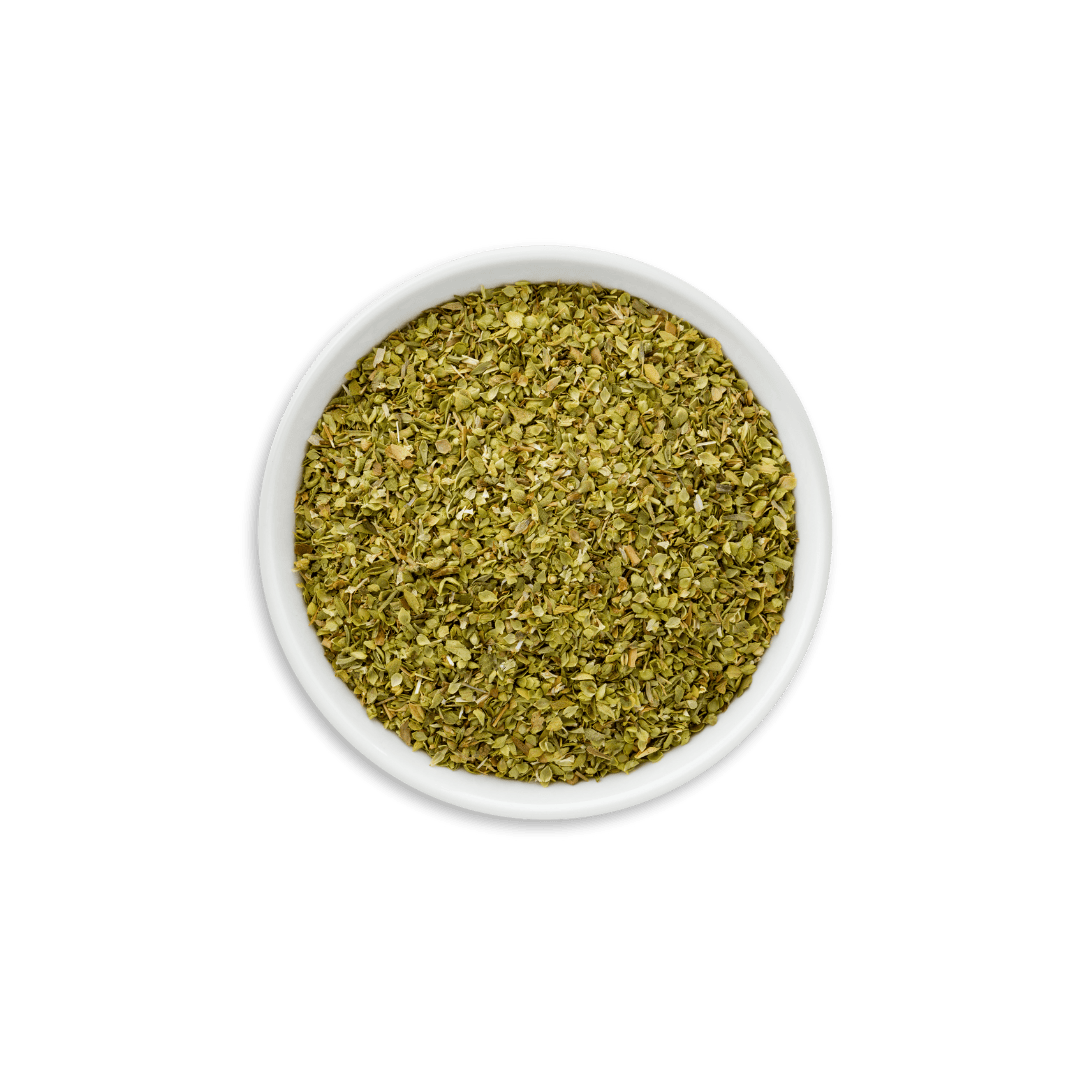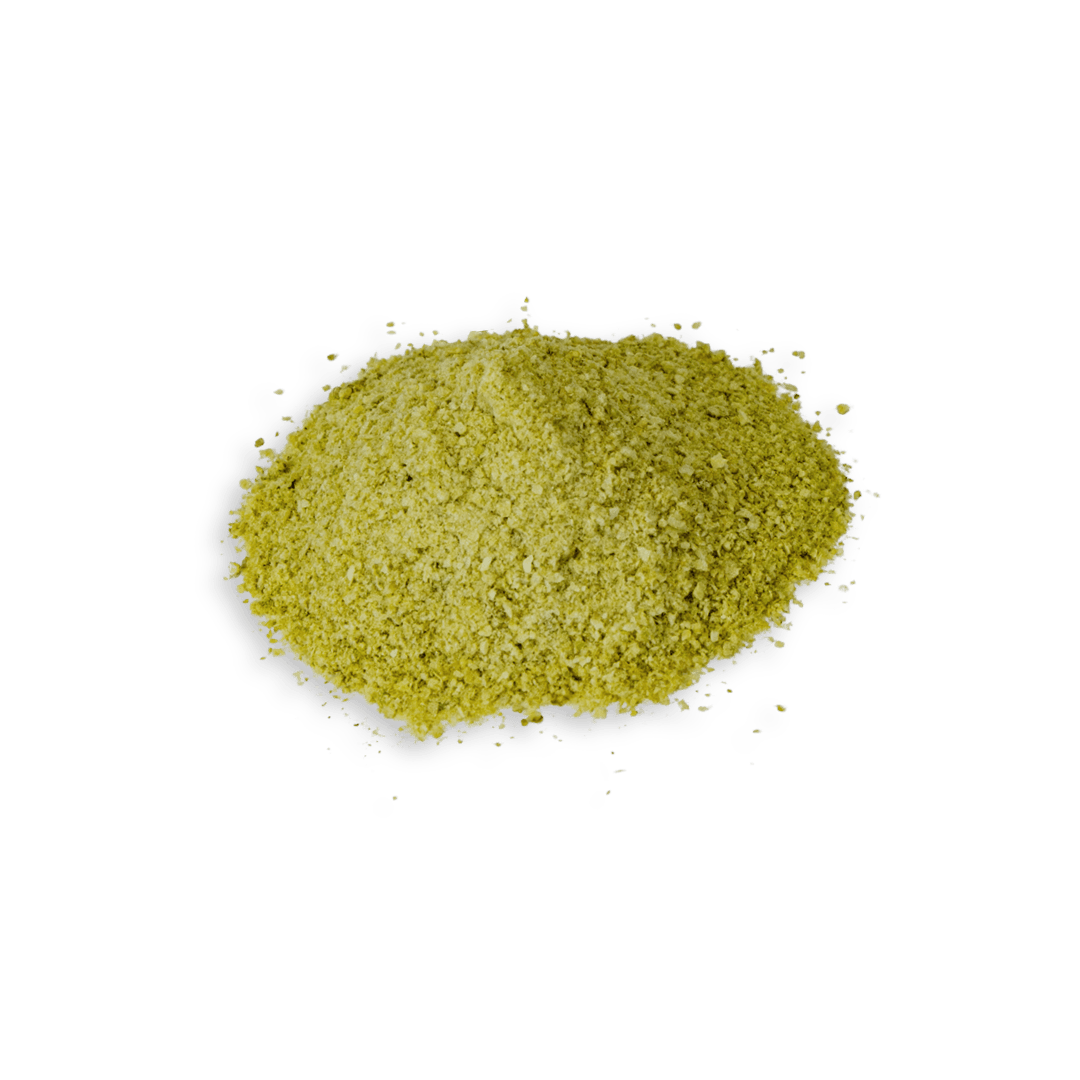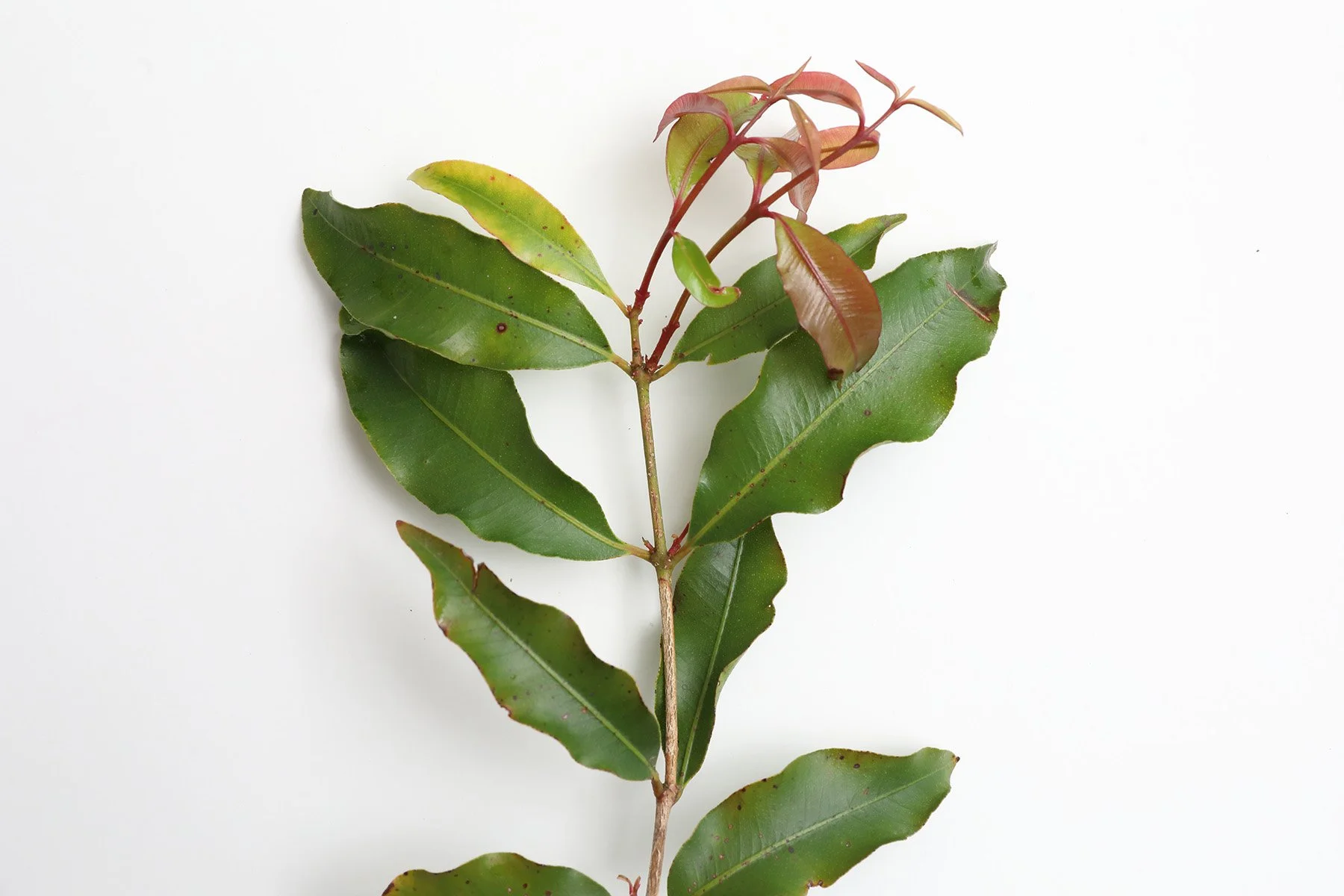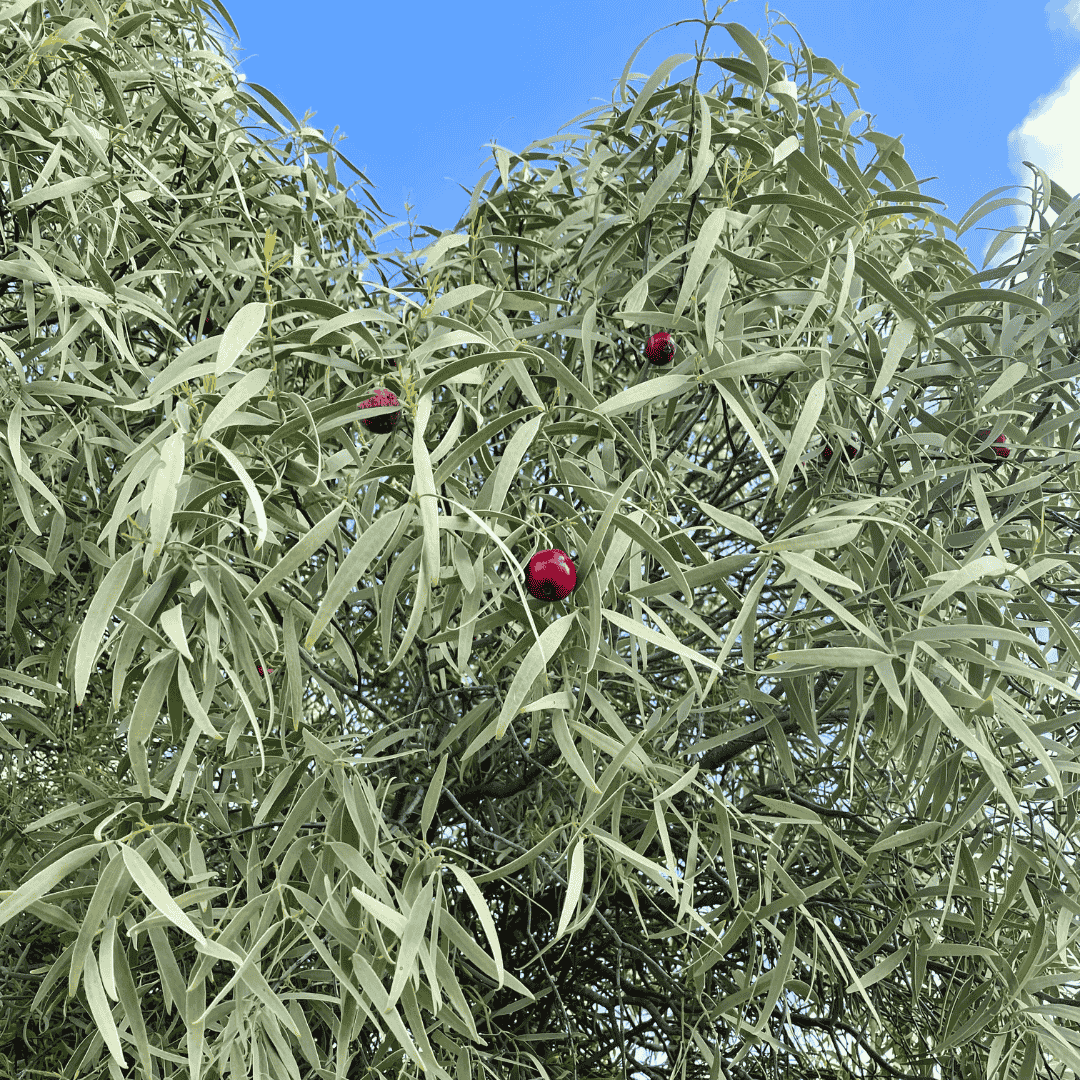-
Infuse in Hot Liquids: Cinnamon Myrtle leaves can be used to infuse hot liquids such as water, milk, or cream. For example, you can make Cinnamon Myrtle tea by adding a few leaves to hot water.
Use in Baking: Cinnamon Myrtle can be used as a cinnamon substitute in baking recipes. You can add finely chopped leaves or powdered dried leaves to cookies, cakes, muffins, and bread.
Spice Blends and Rubs: Incorporate dried cinnamon myrtle leaves into spice blends and rubs for meats and vegetables. It pairs well with various spices and herbs, such as paprika, cumin, and garlic.
Flavouring Sauces and Soups: Add dried Cinnamon Myrtle leaves to sauces, soups, and stews. It can bring a warm, cinnamon-like flavour to your dishes.
Marinades and Dressings: Create marinades or salad dressings by infusing Cinnamon Myrtle leaves into olive oil, vinegar, or other liquids. The leaves can add a unique depth of flavour.
-
Best used steeped in water to brew tea. The product can also be milled our ground down to use as a herb in cooking.
Store in an airtight container, in a cool dark place.
-
Antioxidant Properties: Cinnamon Myrtle leaves contain various antioxidants, including flavonoids and polyphenols, which can help protect cells from oxidative damage caused by free radicals. Antioxidants play a role in reducing the risk of chronic diseases and supporting overall health.
Anti-Inflammatory Effects: Compounds in Cinnamon Myrtle may possess anti-inflammatory properties, which can help reduce inflammation in the body. Chronic inflammation is associated with various health conditions, so reducing it can be beneficial.
Digestive Health: Cinnamon Myrtle has been traditionally used by First Nations Australians to aid digestion. Its aromatic properties, including cineole and cinnamaldehyde, may help soothe the digestive system, alleviate indigestion, and reduce bloating and gas.
Microbial Properties: Cinnamon Myrtle contains natural compounds with antimicrobial properties, which may help combat certain pathogens and support overall immune health.
-
Australia has strict biosecurity laws to protect native ecosystems.
Myrtle Rust, a fungal disease (harmless to humans but damaging to plants), affects the Myrtaceae family- including Lemon Myrtle, Anise Myrtle, Cinnamon Myrtle, Geraldton Wax, Riberry, Strawberry Gum and Peppermint Gum.
Restrictions:
Fresh or dried Myrtaceae products cannot be shipped to WA, NT or TAS, unless locally grown or certified by biosecurity authorities.
Processed items (oils, extracts, jams, spice blends) are exempt.
Creative Native’s Policy:
We segregate stock by state where possible, and work with accredited suppliers to protect Australia’s environment while making native foods accessible.
📌 Check your state’s rules before ordering. If you're unsure, head to the FAQs page for more information, or contact us for clarification.




















